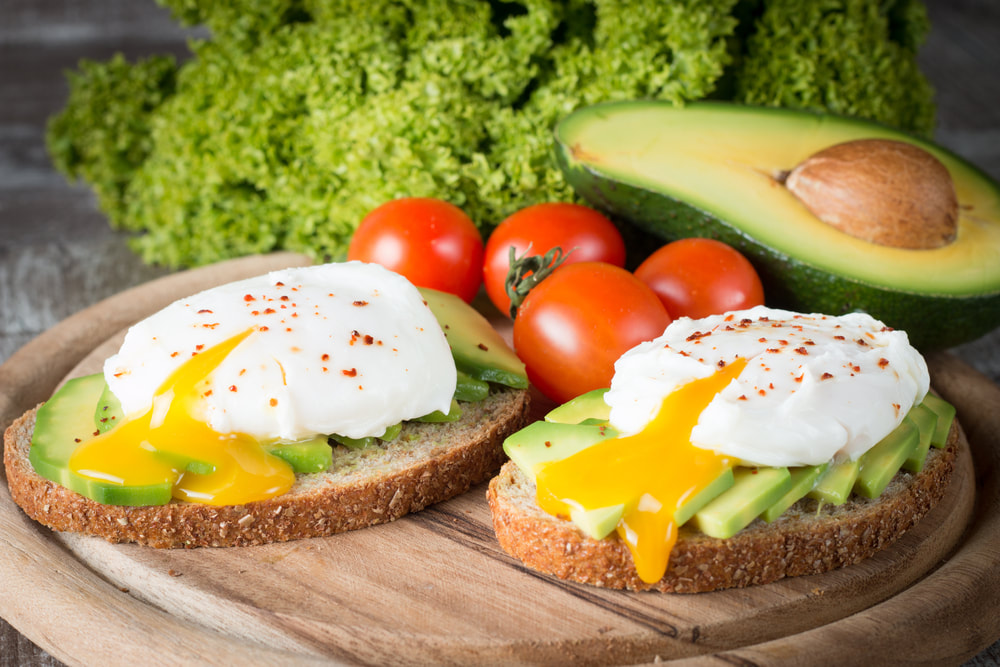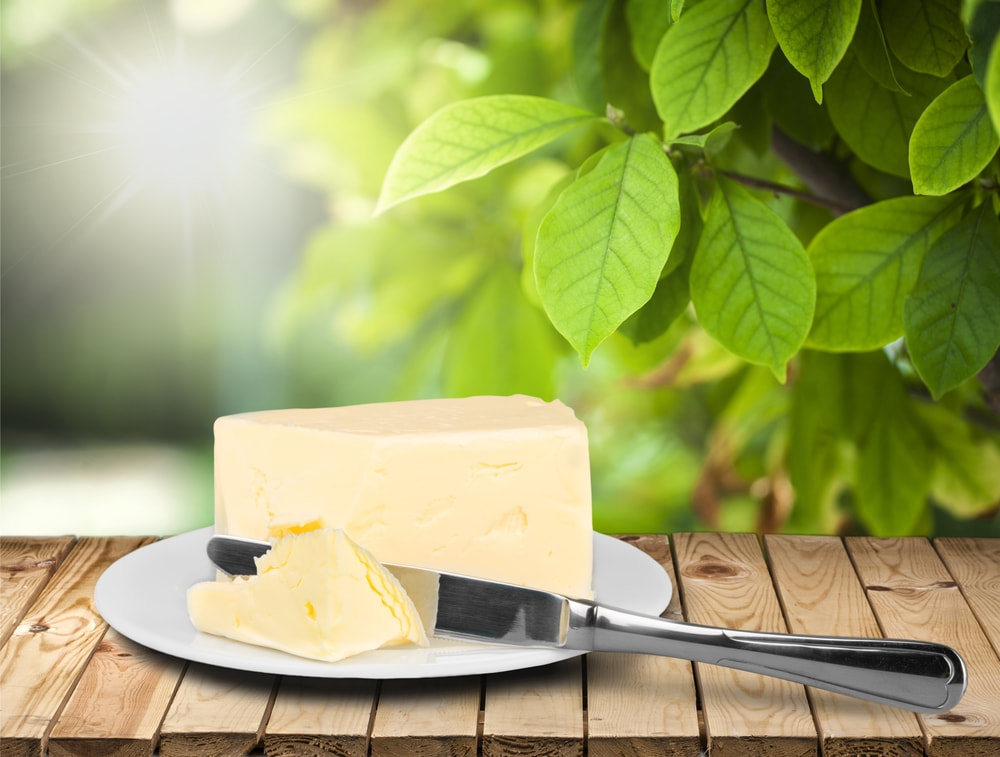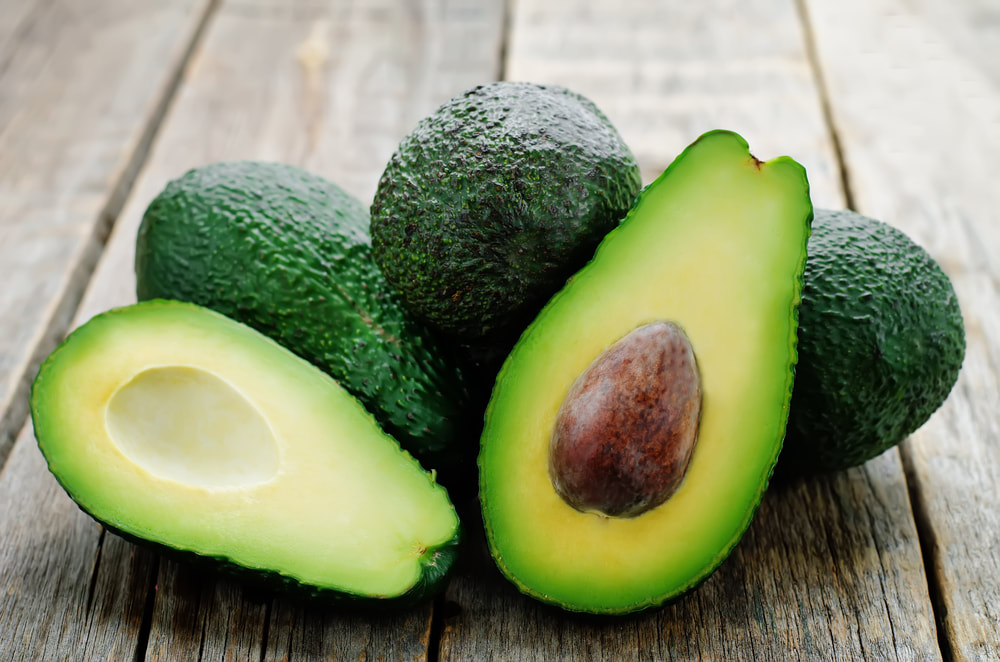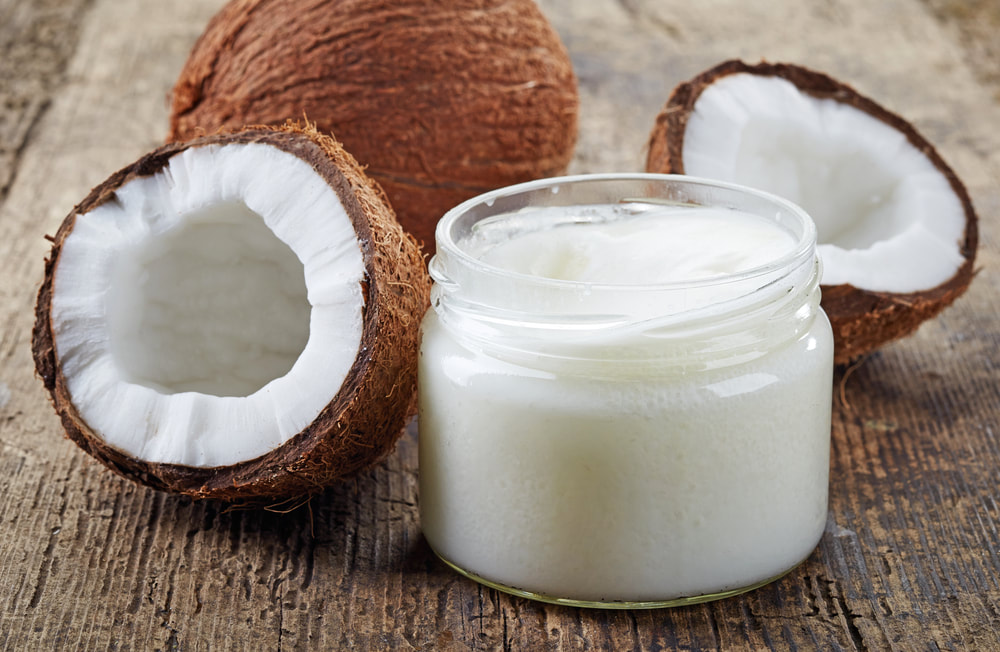|
Yes, there's still a common misconception that can be hard to let go of. Eating fats doesn't make you fat. Eating the wrong fats can make you sick!
Healthy fats? Really?
In my last blog post, I talked about my ten healthy body tips. One I mentioned was eating healthy fats, but I didn't really elaborate on it, so it might have been confusing.
Are fats good or bad? The answer is both. Not all fats are created equal.
Trans, saturated, omega-3's, omega-6's, poly's, mono's, there's so many to keep track of. Which one's are which?
Information in the media and in science seem to conflict about which fats are healthy and which aren't. Not only that, but it all seems to change every few years like a lot of dietary information.
No wonder you're confused about which one's you should be eating and which you should be avoiding! Let's start with the worst of the bunch!
Trans fats, or hydrogenated oils have absolutely no redeeming qualities.
They are often used in processed, prepared, packaged foods. They can also be found in margarine and some peanut butters. Most are created industrially by adding hydrogen bonds to liquid oils to make a more shelf-stable product. Some trans fats also occur naturally in beef, lamb, butterfat and dairy, but they may not be as unhealthy as synthetic trans fats.
Trans fats can compromise the cardiovascular system by contributing to plaque buildup in arteries and increasing the risk of heart disease. Trans fats also compromise the immune system and can contribute to behavior problems. They can also lead to skin breakouts, high blood pressure and over strain. Yikes!
It is better to go non-fat or low-fat?
No! Our bodies need fat for insulation, vitamin and mineral absorption, and to protect our organs. Not to mention, fats are great brain food!
They can also steady our metabolism, keep hormone levels even, nourish our skin, hair and nails, and provide lubrication to keep the body functioning fluidly. What are the other types of fats?
Monounsaturated fats are liquid at room temperature, but become solid when chilled. While they all raise good cholesterol and lower bad cholesterol, you should look at the source. Good sources are avocados, olives, olive oil, halibut, sablefish, mackerel.
Questionable sources are seed and vegetable oils because they contain high levels of Omega 6's and are produced by industrial methods. These oils were never used before the 20th century because we didn't have methods to extract them. Throughout human evolutionary history, the ratio of Omega 3's to Omega 6's was 1:1, with the increasing prevalence of vegetable and seed oils, the ratio in western diets has changed closer to 1:16. The excess Omega 6 fatty acids build up in our cell membranes and contribute to inflammation which is the basis for many diseases.
Polyunsaturated fats are liquid both at room temperature and when chilled. They raise good HDL cholesterol and lower bad (LDL) cholesterol. Omega 3 fatty acids are considered anti-inflammatory and are associated with a lower risk of death. They are found in salmon, sardines, mackerel, herring, trout, fresh tuna, flax seed, and walnuts. Eat these all you want!
I'm still confused! Just tell me what to look for!
Where to find healthy fats:
How to use healthy fats:
Watch how each of the different oils works with the food, and notice how you feel after adding the healthier oils to your food choices. It makes a big difference!Do you have any favorite Healthy Fat Recipes? Please share below!
|
Click below to join my FREE Facebook Group-
Women's Wellness Circle: Create Your Extraordinary Life AuthorHi, I’m Crystal! If you'd like to access my Farmer's Market Friday posts from 2018, click here!
Categories
All
|






 RSS Feed
RSS Feed